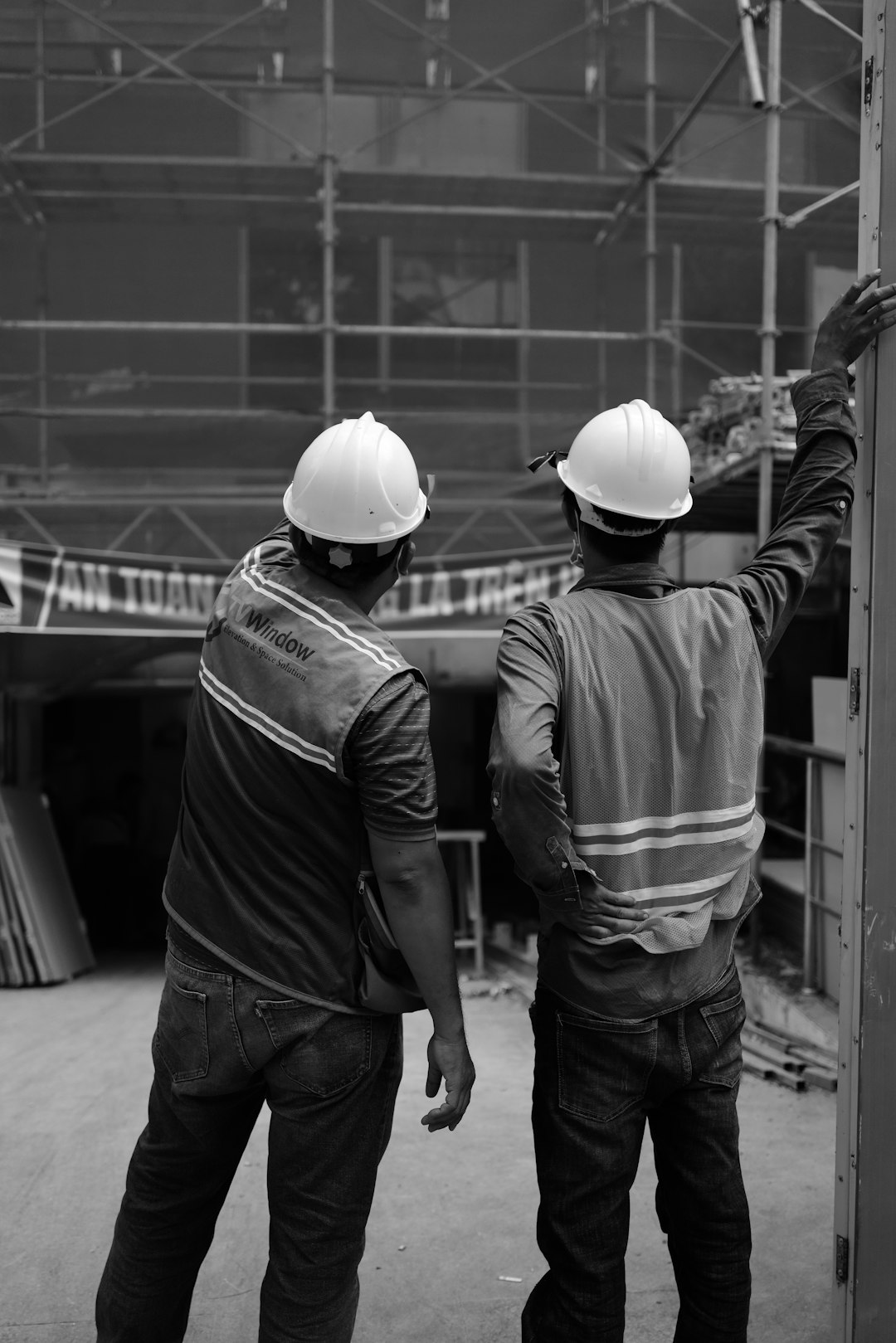Modern construction projects are facing increasing demands for faster delivery, higher quality, and tighter budget constraints. As the industry evolves, efficient project management has become critical to maintaining competitiveness and achieving organizational goals. IPMC Project Management, a leading methodology in the construction domain, leverages Lean principles to optimize performance, minimize waste, and enhance the overall value delivered to clients. Through the integration of Lean methodologies, IPMC has significantly transformed construction efficiency, offering sustainable and repeatable frameworks for success.
The Foundation of Lean Methodologies in Construction
Originally developed in the manufacturing sector, Lean principles are centered around eliminating waste, improving workflow, and delivering more value with fewer resources. When applied to construction, these principles translate into smarter planning, streamlined operations, and improved collaboration across all stakeholders. Lean methodologies challenge the traditional construction approach, which is often marred by inefficiency, delays, and budget overruns.

The core concepts of Lean — Value, Flow, Pull, and Continuous Improvement — guide every decision-making process in IPMC project management systems. They are not simply supplementary tools but intrinsic components of a holistic management strategy aimed at systemic improvement.
How IPMC Integrates Lean Practices
IPMC integrates Lean thinking at every stage of the construction process, from initial planning to final delivery. This integration is designed not only to improve performance but also to foster a culture of accountability and continuous learning.
1. Collaborative Planning
IPMC project management emphasizes concurrent and collaborative planning, utilizing tools such as Last Planner System (LPS) to engage all key stakeholders early in the process. This ensures that commitments are realistic, schedules are achievable, and resources are properly allocated. By involving architects, engineers, contractors, and clients from the onset, uncertainties are vastly reduced and project expectations are better aligned.
2. Waste Reduction
Through Lean tools like Value Stream Mapping (VSM), IPMC identifies non-value-adding activities within the construction process. These might include excessive material handling, overproduction, transportation inefficiencies, and waiting times. By systematically eliminating these forms of waste, IPMC reduces project durations and costs, while enhancing output quality.
3. Real-Time Data Monitoring
Technology integration is central to IPMC’s approach. Advanced project management software enables real-time tracking of progress and immediate rectification of any variance from planned performance. This dynamic visibility allows for better forecasting, risk mitigation, and informed decision-making.
4. Pull Planning and Just-in-Time Delivery
Borrowing from Lean manufacturing, IPMC applies pull planning techniques and just-in-time material delivery. These practices not only reduce inventory and associated holding costs but also help prevent cluttered, unsafe job sites — a common issue in traditional construction projects. Teams receive resources exactly when needed, which enhances flow and preserves workspace efficiency.
Benefits of Applying Lean through IPMC in Construction Projects
By fully incorporating Lean methodologies into project environments, IPMC project management yields tangible benefits across multiple performance metrics:
- Increased Productivity: IPMC cuts down downtime by coordinating cross-functional teams effectively and keeping everyone on schedule.
- Higher Quality Outcomes: Lean principles ensure a focus on value from the customer’s perspective, resulting in superior quality work.
- Cost Control: Identifying and eliminating waste early in the process prevents budget overruns. IPMC’s predictive budget tracking strengthens financial accuracy.
- Faster Project Delivery: By maintaining a continuous flow and minimizing delays, IPMC helps projects meet — or even beat — deadlines.
- Improved Safety: A clean, organized, and less congested job site minimizes safety hazards, benefiting all personnel involved.

Case Study: Enhanced Efficiency through IPMC Framework
A leading example of IPMC’s effectiveness can be observed in a recent commercial infrastructure project spanning over 500,000 square feet. Using Lean-aligned IPMC techniques, the project team implemented a robust Last Planner System early in the planning phase and adopted digital dashboards for collaborative task monitoring.
Despite the project’s size and scope, it was completed 15% ahead of schedule and under budget by nearly 8%. This was achieved through proactive scheduling, material optimization, and streamlined subcontractor coordination. Post-project reviews indicated a significant reduction in time lost to rework and waiting for materials — challenges commonly faced in traditional construction models that were effectively mitigated by the IPMC framework.
Overcoming Challenges with IPMC
While the benefits are evident, adopting an IPMC approach with Lean methodologies requires overcoming several challenges. These include:
- Resistance to Change: Many construction teams are rooted in conventional methods and may resist switching to a new system of working.
- Upfront Investment: The initial cost of software tools, training programs, and change management may seem high — albeit temporarily — especially to smaller firms.
- Learning Curve: Teams must be trained in Lean principles, project data analytics, and new planning tools. This requires time and organizational commitment.
However, IPMC’s structured and scalable model allows companies of varying sizes to adopt Lean practices incrementally. Pilot programs, workshops, and clear communication plans help to mitigate resistance and ensure a smoother transition.
IPMC as a Vehicle for Cultural Shift
IPMC project management is not only a strategy but a catalyst for cultural transformation in the construction industry. By promoting transparency, accountability, and continuous improvement, it encourages organizations to embrace a mindset of innovation and responsiveness. Employees at every level become stakeholders in outcome success, fostering a high-trust and high-performance environment.
Such cultural synergy leads to more meaningful work engagement, reduced turnover, and a healthier, more productive workforce. Sustainability goals, quality benchmarks, and stakeholder satisfaction are all better served when Lean principles become part of the organizational DNA.
The Future Outlook: Scaling with Technology
As construction becomes more digitized and data-driven, the IPMC framework continues to evolve by integrating with cutting-edge technologies like artificial intelligence, building information modeling (BIM), and predictive analytics. These enhancements allow for greater scalability, more precise forecasting, and even more agile execution.
For instance, AI-driven analysis can identify patterns of inefficiency in project workflows, while BIM facilitates real-time updates and conflict resolution. By combining these technologies with Lean-IPMC strategies, future construction projects are set to be more intelligent, automated, and efficient than ever before.
Conclusion
IPMC Project Management stands as a crucial enabler of construction efficiency in the modern era. By deeply embedding Lean methodologies into its framework, IPMC goes beyond process optimization to deliver holistic, long-term value. From minimizing waste and improving coordination to enhancing safety and boosting productivity, IPMC reshapes how construction projects are conceptualized and delivered.
Organizations that adopt IPMC not only gain a competitive edge in the market but also build the foundation for enduring operational excellence. As the construction landscape continues to shift toward sustainability and innovation, IPMC will remain at the forefront, driving progress one Lean project at a time.


